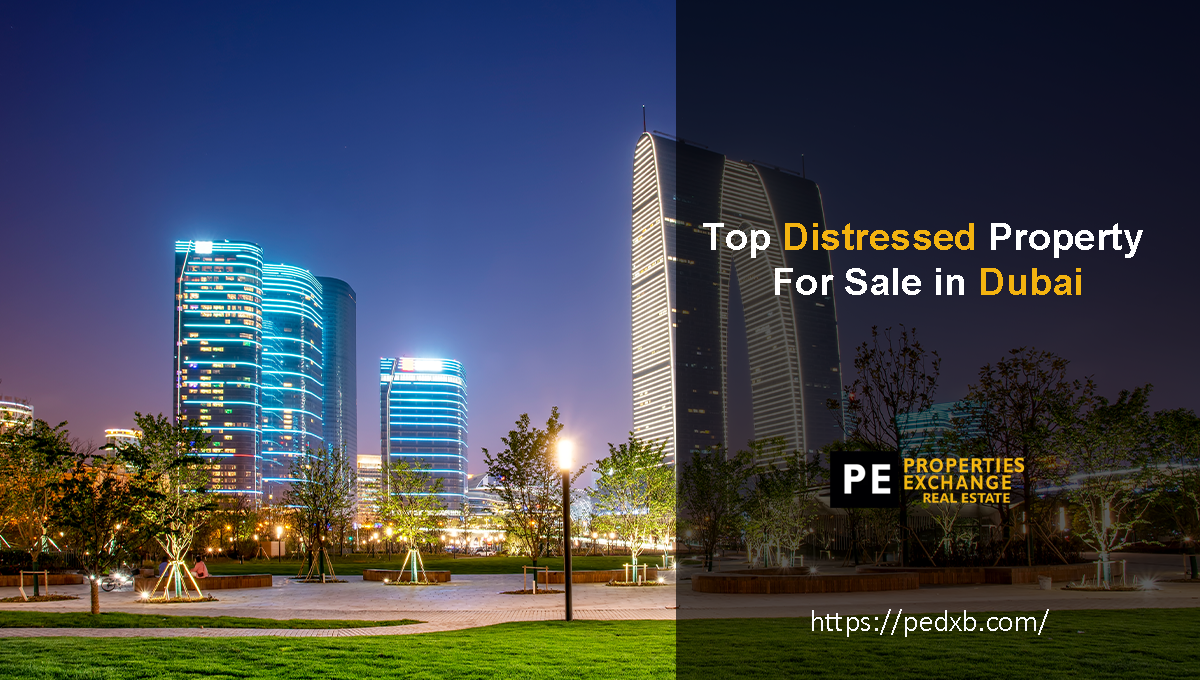Introduction
The United Arab Emirates (UAE) has become a global business, tourism, and real estate hub. With its stunning skyscrapers, luxurious lifestyle, and strategic location, the UAE attracts investors worldwide. A common question among these potential investors is whether foreigners can buy land in the UAE. The answer to this question depends on various factors, including the emirate and property type. This article will help get you through the regulations and opportunities for foreigners looking to invest in land in the UAE.
Understanding Property Ownership Laws in the UAE
The UAE consists of seven emirates, each with its own set of regulations concerning property ownership. These emirates are Abu Dhabi, Dubai, Sharjah, Ajman, Fujairah, Ras Al Khaimah, and Umm Al Quwain. While some rules are consistent across the UAE, others can vary significantly.
1. Dubai
Dubai is the most prominent emirate for real estate investment opportunities for foreigners. In 2002, Dubai opened its real state market to foreign investors, allowing them to purchase freehold property in designated areas. Freehold property means that the buyer owns the property and the land on which it stands, with no time limit on ownership.
Freehold Areas in Dubai
The Dubai government has designated several areas where foreigners can buy freehold properties. Some of these popular areas include:
- Downtown Dubai
- Damac Hills 2
- Dubai Creek Harbour 2
- Dubai Marina
- Dubai Hill State
- Palm Jumeirah
- Jumeirah Lakes Towers (JLT)
- Jumeirah Village Circle(JVC)
- Business Bay
- Emaar South
These areas are a blend of residential, commercial, and mixed-use properties according to various investment needs.
Types of Properties Available
Foreigners in Dubai can purchase various properties, including apartments, villas, and commercial spaces. Each property type has rules and regulations regarding ownership, maintenance, and resale.
2. Abu Dhabi
Unlike Dubai, Abu Dhabi has been more conservative in opening the doors of its real estate market to foreigners. However, recent changes have made it more accessible.
Investment Zones in Abu Dhabi
Abu Dhabi allows foreigners who want to own property in many investment zones. Some of these zones include:
- Masdar City
- Saadiyat Island
- Al Maryah Island
- Al Reem Island
- Saadiyat Island
- Yas Island
- Raha Beach
In these areas, foreigners can purchase freehold properties, similar to Dubai’s system. However, foreign property ownership is usually limited to leasehold arrangements outside these zones.
Leasehold vs. Freehold
A leasehold property grants the buyer rights to the property for a specified period, typically up to 99 years. After this period, ownership reverts to the original owner, often the government or a local entity.
Sharjah and Other Emirates
Sharjah, known for its more conservative approach, has recently opened its property market to foreigners under certain conditions. Other emirates, like Ajman, Fujairah, Ras Al Khaimah, and Umm Al Quwain, offer foreigners varying degrees of property ownership options.
Sharjah’s Leasehold Market
Sharjah generally offers leasehold properties to foreigners with lease terms of up to 100 years. The emirate has designated areas where non-GCC (Gulf Cooperation Council) nationals can invest in real estate.
Ajman and Ras Al Khaimah
Ajman and Ras Al Khaimah are increasingly popular among foreign investors due to their competitive pricing and strategic locations. Both emirates offer freehold properties to foreigners, often at more affordable rates compared to Dubai and Abu Dhabi.
The Legal Framework for Foreign Property Ownership
Understanding the legal framework is important for any foreigner investing in UAE real estate. This involves navigating property laws, ownership rights, and visa regulations.
Property Laws and Regulations
Each emirate has its real estate regulatory authority. For instance, Dubai has DLD and RERA, which oversee property transactions and regulations. Similarly, Abu Dhabi has the Department of Municipalities and Transport (DMT).
Ownership Rights
Foreigners purchasing freehold properties in designated areas enjoy complete ownership rights, including all rights to sell, lease, and occupy the property. For leasehold properties, the rights are limited to the duration of the lease agreement.
Visa Regulations
Property ownership in the UAE can also provide a pathway to obtaining residency visas. In Dubai, foreigners who invest in property worth about AED 1 million are eligible for a renewable residency visa, subject to certain conditions. Abu Dhabi and other emirates have similar provisions, although the specific requirements may vary.
Financing Options for Foreign Investors
Securing financing is critical to purchasing property in the UAE. Various local and international banks offer mortgage services to foreign investors, often with competitive interest rates and flexible repayment terms.
Eligibility Criteria for Mortgages
To qualify for a mortgage, foreign investors typically need to meet certain criteria, including:
- Proof of Income: Demonstrating a stable income source.
- Credit History: Having a good credit score.
- Down Payment: Providing a down payment, usually around 20-25% of the property’s value.
Types of Mortgages Available
Various mortgage products are available, including fixed-rate and variable-rate mortgages. Some banks also offer Sharia-compliant home financing options, known as Islamic mortgages, which are structured according to Islamic law principles.
Steps to Buying Property in the UAE
The process is straightforward for foreigners considering purchasing property in the UAE but involves several key steps.
1. Choose the Right Property
Research and select a property that meets your investment goals. Keep in mind the factors such as location, type of property, and potential ROI.
2. Hire a Real Estate Agent
Engage an experienced and licensed agent who can guide you in the buying process, from property selection to closing the deal.
3. Secure Financing
If you require a mortgage, apply for financing and get pre-approval from a bank. Ensure you understand the terms and conditions of the loan.
4. Make an Offer
Once you have chosen a property, make a formal offer to the seller. This may involve negotiations to agree on the final price.
5. Sign the Sales Agreement
Upon agreement, sign a Memorandum of Understanding (MoU) or Sales Agreement outlining the terms of the sale. Typically, a 10% deposit is required at this stage.
6. Transfer Ownership
The final step is the transfer of ownership to the relevant emirate’s land department. This involves paying the remaining balance, transfer fees, and obtaining the title deed.
Conclusion
In conclusion, the UAE offers various profitable opportunities for foreigners investing in real estate. Understanding each region’s specific laws and benefits is crucial, as its emirates have varying regulations. Understanding the benefits and complexities makes it easy to proceed further. Consult Properties Exchange Real Estate for further information.
Frequently Asked Questions
Q. Can foreigners buy land in all emirates of Dubai?
No, the regulations vary by emirate. While Dubai and Abu Dhabi offer freehold and leasehold options to foreigners in designated areas, other emirates like Sharjah and Ajman have more restrictive policies.
Q. State the difference between freehold and leasehold properties in the UAE.
Freehold properties allow foreigners to own the property and the land indefinitely, while leasehold properties grant ownership for a specified period, typically up to 99 years. After the lease term expires, ownership reverts to the original owner.
Q. Are there any visa benefits for foreigners who buy property in the UAE?
Yes, foreigners who invest in property in the UAE may be eligible for a residency visa. For example, Dubai offers a renewable residency visa for property investments worth at least AED 1 million, subject to certain conditions. Other emirates have similar provisions.
Q. What types of properties can foreigners purchase in the UAE?
Foreigners can purchase properties in designated areas, including apartments, villas, and commercial spaces. The availability and regulations may differ by emirate and the specific property type.








